Evaluating School Districts: A Key Step in Home Buying for Families
When buying a home, especially if you have children or plan to, researching local school districts is an essential step. The quality of education and the reputation of the schools in the area can significantly impact your child’s future and your home’s value. Let’s explore why school districts matter and how to make an informed decision.
Why School Districts Matter
1. Quality of Education: The primary reason for considering school districts is to ensure your child receives a high-quality education. Good schools offer a strong curriculum, experienced teachers, and a variety of extracurricular activities.
2. Property Value: Homes in well-regarded school districts tend to have higher property values. Even if you don’t have children, buying in a good school district can be a sound investment.
3. Community: Schools are often the heart of a community. Being in a good district can mean better community involvement and resources.
4. Resale Potential: Homes in top-rated school districts often sell faster and at higher prices, offering better resale potential.
Steps to Research School Districts
1. Identify Your Priorities: Determine what’s most important for your child’s education. This could include academic performance, extracurricular activities, sports programs, or special education services.
2. Use Online Resources: Websites like GreatSchools.org, Niche.com, and the U.S. Department of Education’s site offer valuable information about school ratings, test scores, and reviews from parents and students.
3. Visit Schools: Schedule visits to schools you’re considering. Touring the facilities and meeting with teachers and administrators can provide insight into the school’s environment and culture.
4. Talk to Residents: Speak with neighbors or join local community groups online to get firsthand accounts of the schools. Parents in the area can offer valuable perspectives on the strengths and weaknesses of the schools.
5. Check District Boundaries: Verify the school district boundaries to ensure the home you’re considering falls within the desired district. Sometimes, school boundaries can change, so it’s important to have up-to-date information.
6. Consider Commute and Logistics: Think about the daily commute to school and how it fits into your routine. Proximity to the school can make a significant difference in convenience and overall quality of life.
Evaluating School Performance
1. Standardized Test Scores: While not the only measure of a school’s quality, standardized test scores can provide an indication of academic performance.
2. Graduation Rates: High graduation rates often correlate with strong academic support and student success.
3. Student-to-Teacher Ratios: Smaller class sizes can mean more personalized attention for students.
4. Extracurricular Activities: A wide range of extracurricular activities can contribute to a well-rounded education and help develop various skills.
5. School Safety: Research the school’s safety policies and any reported incidents to ensure a secure learning environment.
Final Thoughts
Researching local school districts is a crucial part of the home-buying process for families. By taking the time to evaluate the quality of education, community involvement, and overall school performance, you can make an informed decision that benefits your child’s education and enhances your investment. Happy house hunting!


 Facebook
Facebook
 X
X
 Pinterest
Pinterest
 Copy Link
Copy Link











